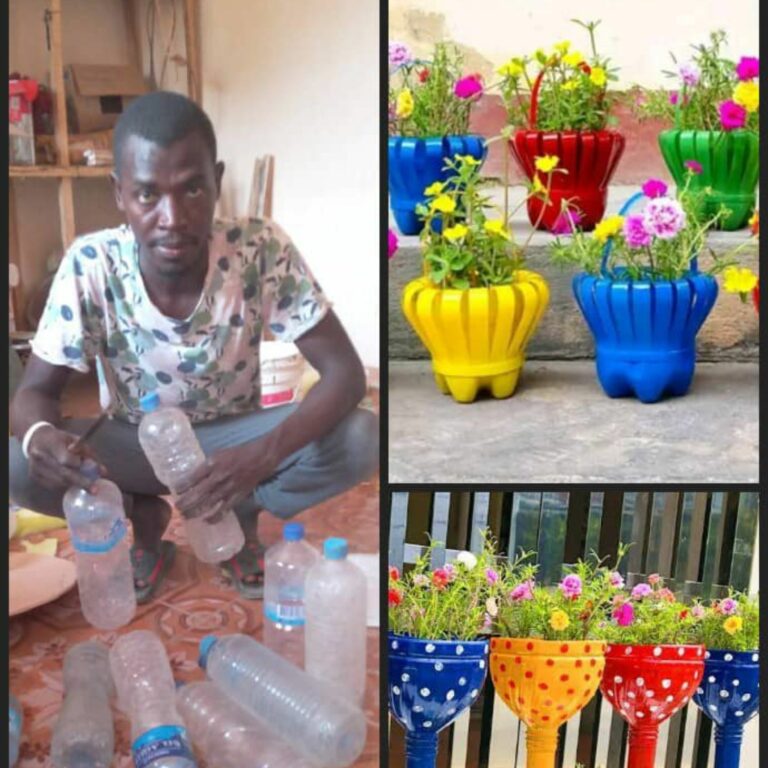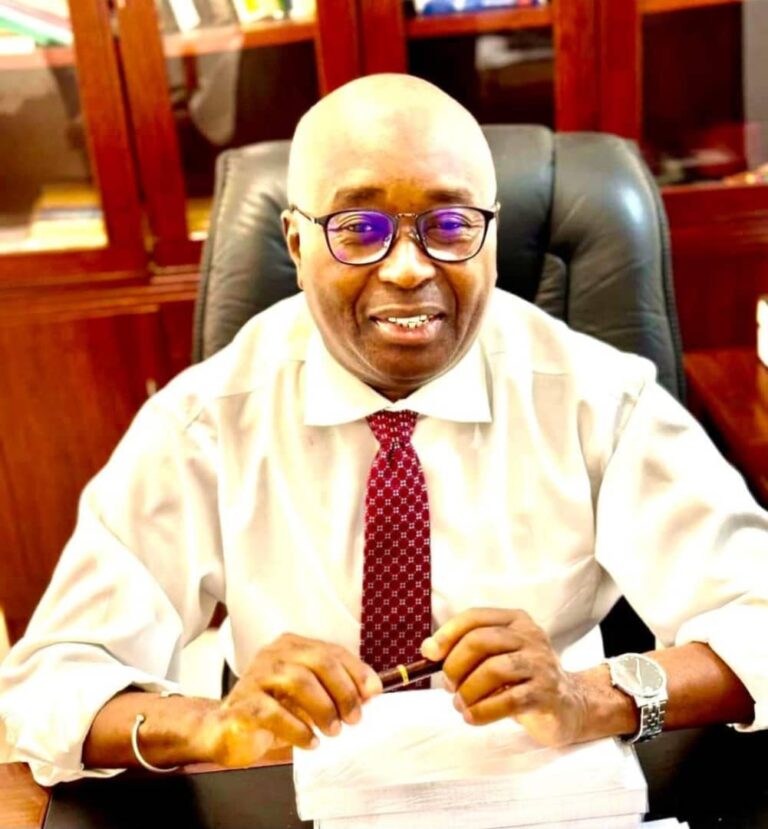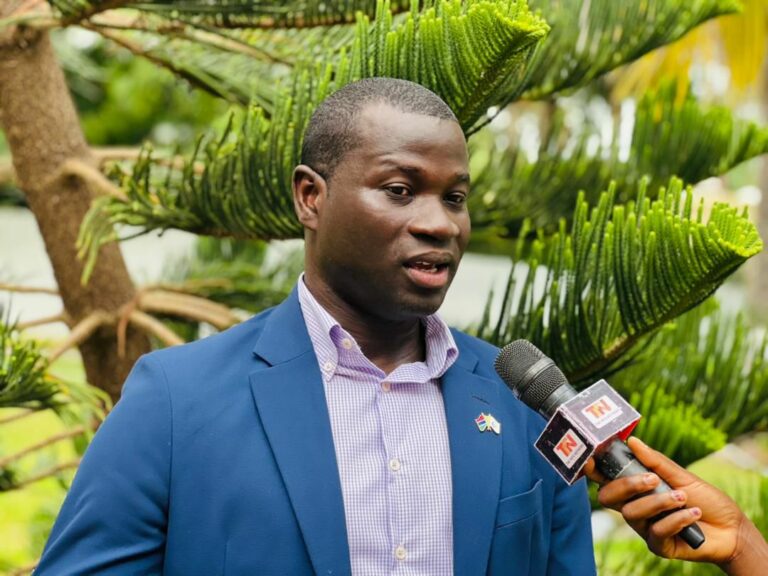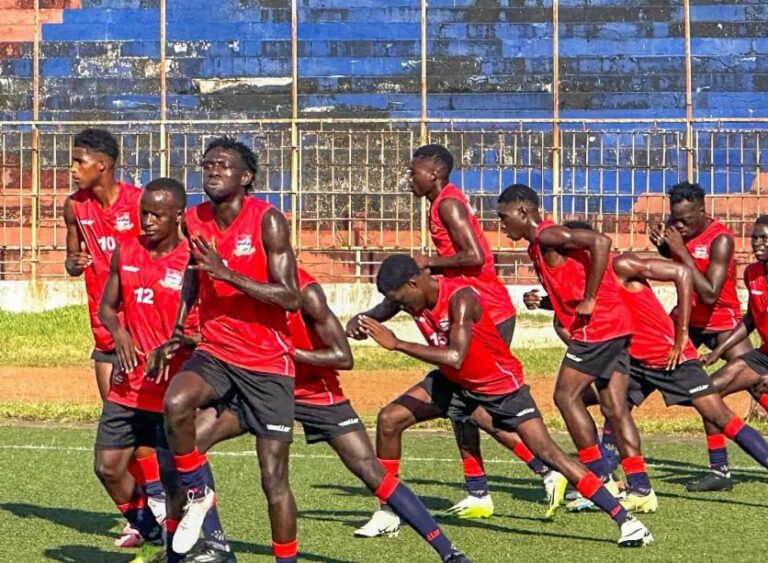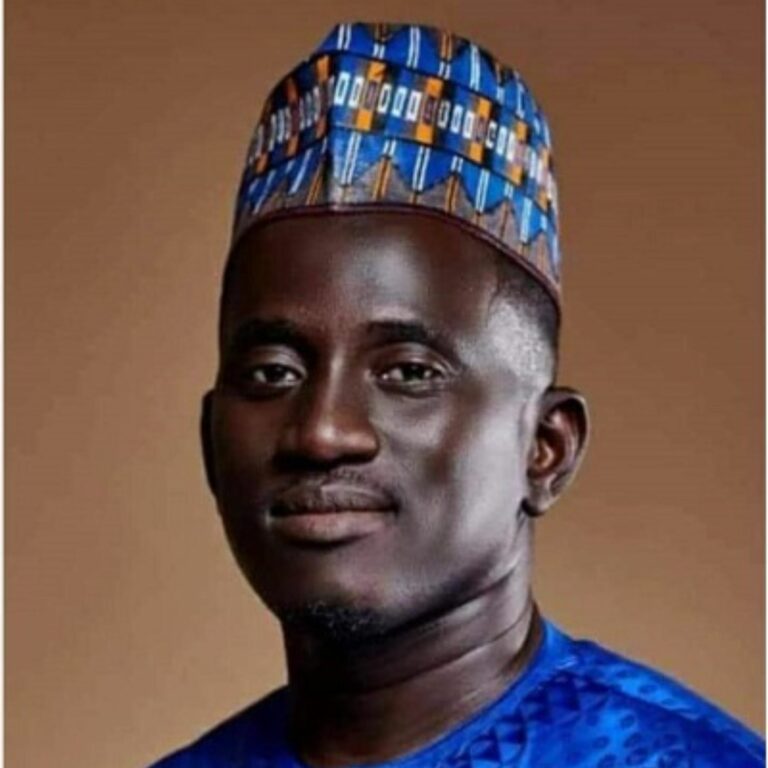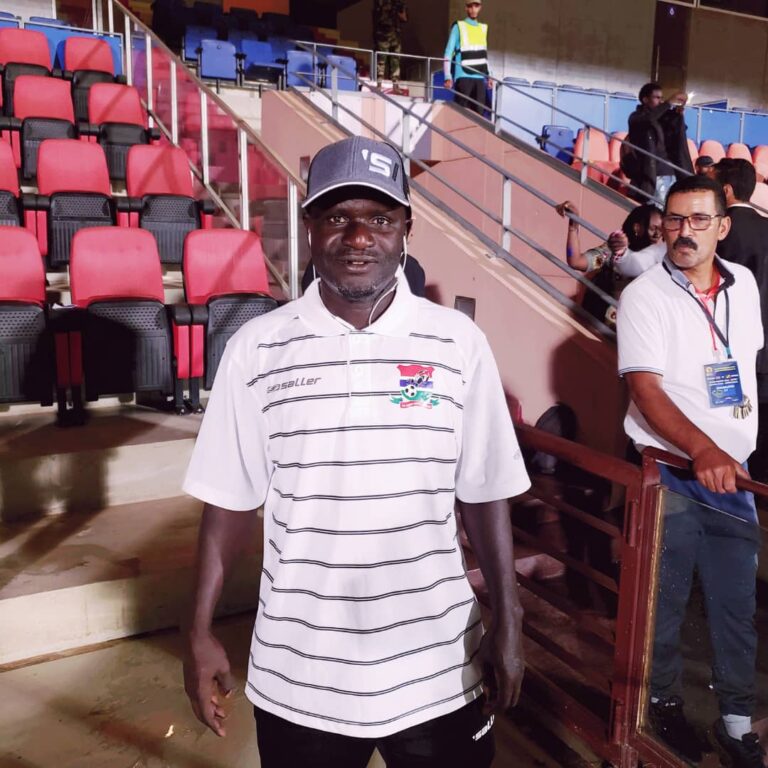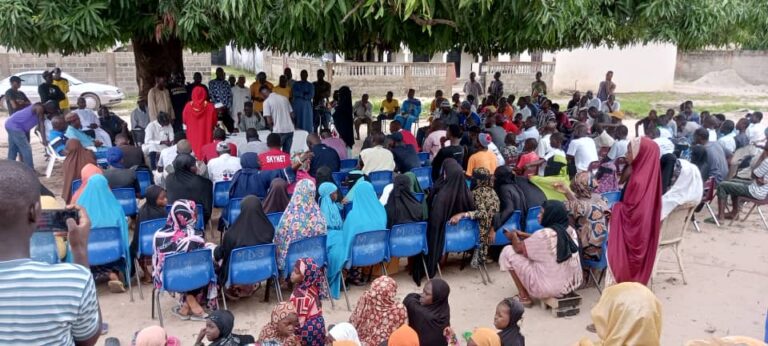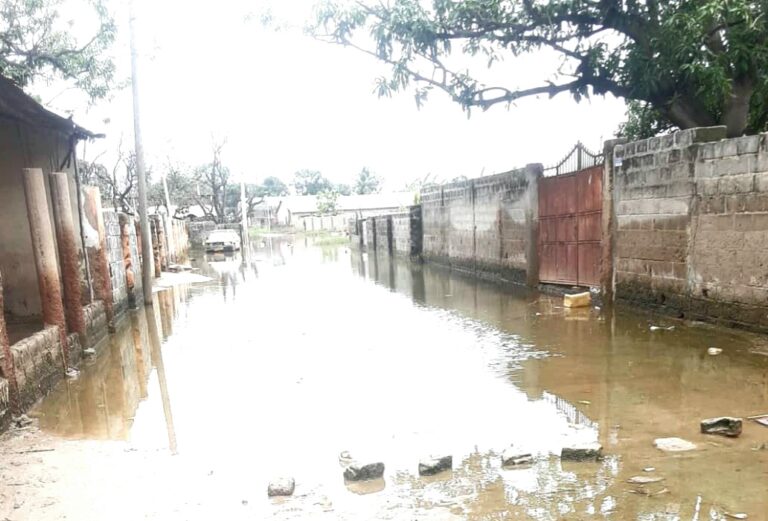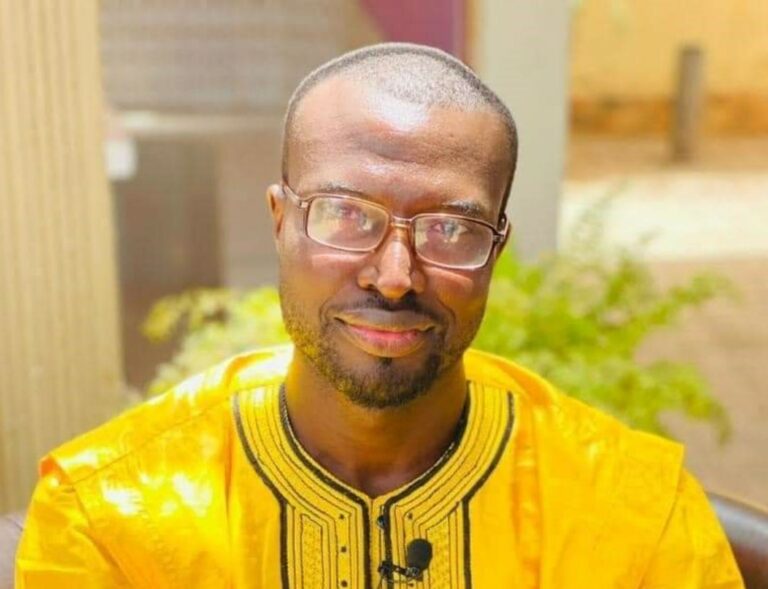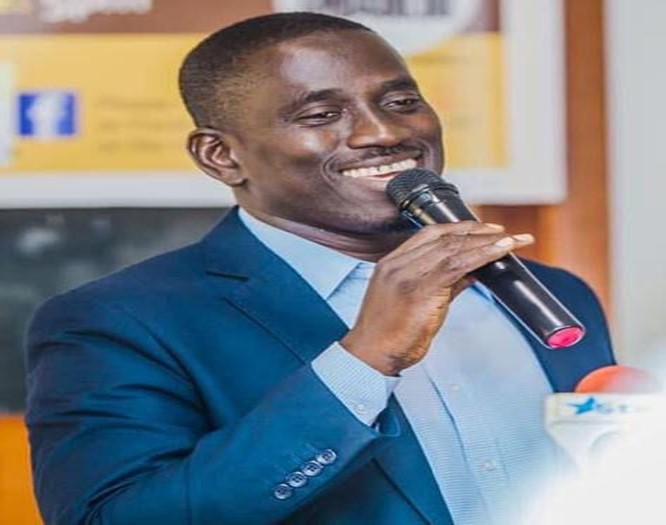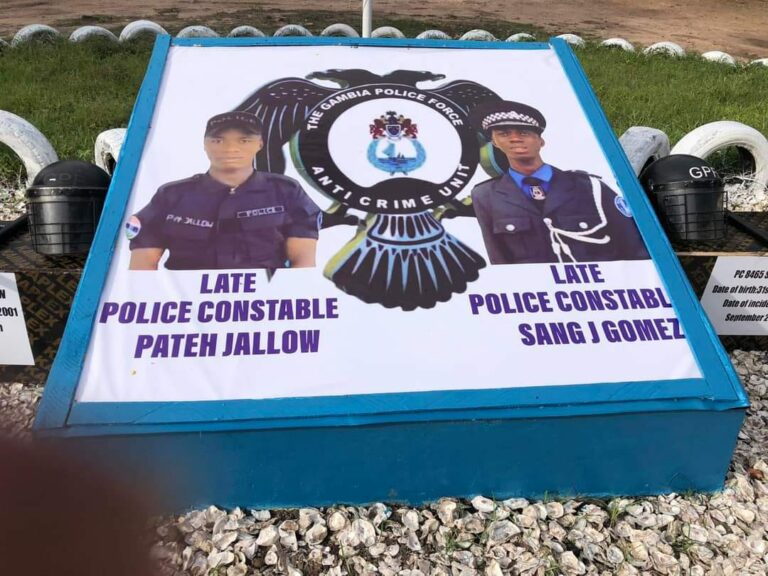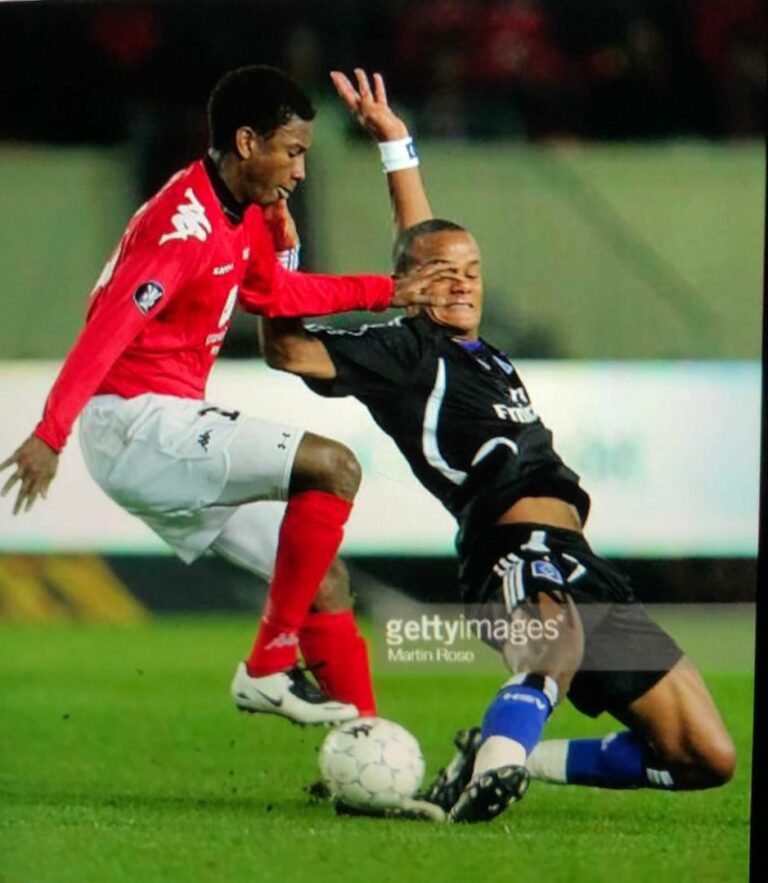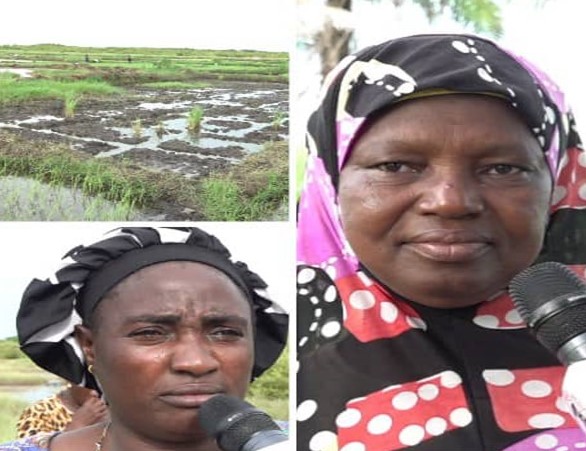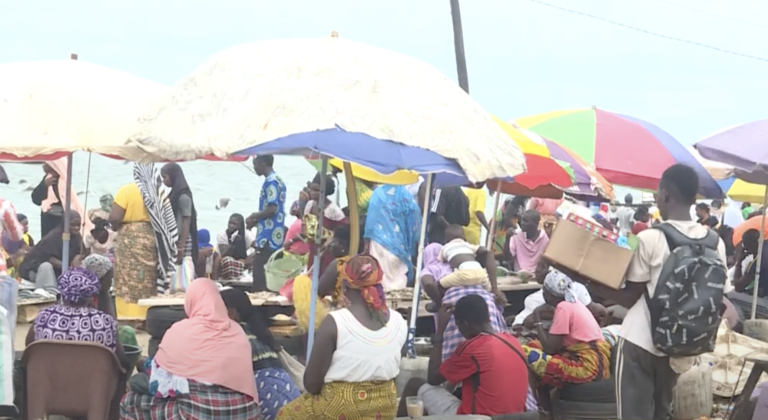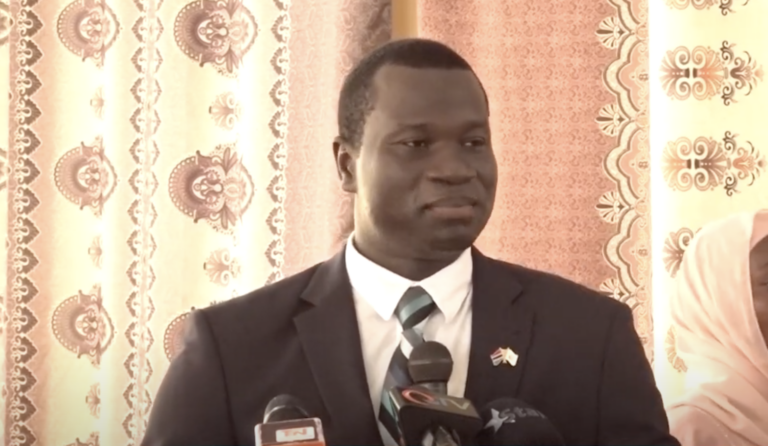By: Alieu Jallow
31-year-old Buba Saidykhan, a backway returnee who attempted perilous journeys to Europe, turned back after three failed attempts. Buba is now striving to set up a skills entrepreneurship venture that not only seeks to uplift his own life but also to inspire countless others in the community.
Buba’s journey began like many others in search of greener pastures. “I found it difficult to even finish my senior secondary, but with God’s intervention, I managed to complete it and got enrolled at the college; however, because of a lack of support, I couldn’t start. I was at home, frustrated, and couldn’t get help from anyone as my family couldn’t either, so I decided to change the narrative by embarking on the ‘backway’ one fine morning with a friend. We agreed and went through Senegal,” he says.
The backway, which often signifies treacherous routes across deserts and seas, left Buba with his fair share of hardships. After months of struggling, filled with uncertainty, Buba shares his ordeals.
“When I reached Libya, I called my family, and they were all shocked; my late mother (may her soul rest in peace) asked where I got the money to embark on this journey. While in Libya, I was sent to prison several times, went through torture, and at some point, was threatened to be killed. I managed to escape bomb explosions where we were kidnapped. We were also sold to armed robbers by our own Gambian agents to scam us. I also tried crossing the sea three times but couldn’t succeed. Finally, I was kidnapped in the highest prison in Libya, called GRIYANAA,” he narrates.
Despite societal expectations and the weight of perceived failure, Buba felt a spark of resilience. “Returning was only the first step; what comes next is what defines us. After my deportation, I faced the worst times in my life as I was bullied, insulted, and even sidelined by my own society. Some even went to the extent of calling me a failure with all sorts of adjectives, which traumatized me and left me isolated. One fine morning, my late mother pleaded with my brother to help secure a place at his former employer’s restaurant, and this marked the turning point in my life. I acquired hands-on skills such as cocktail bartending, cooking, painting, wallpaper design, and wall panel installation. After some time, I decided to quit the hotel industry following my qualification,” he reflects.
Motivated by his experiences, Saidykhan envisioned a skills training center that would offer vocational training in painting, wallpaper installation, and recycling waste products such as tires into household furniture. He currently trains over fifteen young people in painting and wallpaper installation, and he has trained over ten girls in catering services and youths in community services, all geared towards promoting skill development and peace networking among youths.
“I established Saidykhan’s Decoration and Designs Skills Academy, where I am training youths in hands-on skills to encourage my fellow youths stranded in Libya and my fellow returnees to overcome societal stigma and start a new life,” he outlined.
“When I look back, it’s not just about me; it’s about uplifting everyone. But I was challenged with a lack of funds and equipment, thus limiting the capacity I wish to empower. My vision is to see my workshop turned into a community hub for skill development,” he states.
In a country where the narrative often leans toward despair, Buba Saidykhan is not just defying the odds; he’s reshaping the story for countless returnees and aspiring entrepreneurs alike, proving that sometimes, the path back home leads to the most profound journeys of all.

